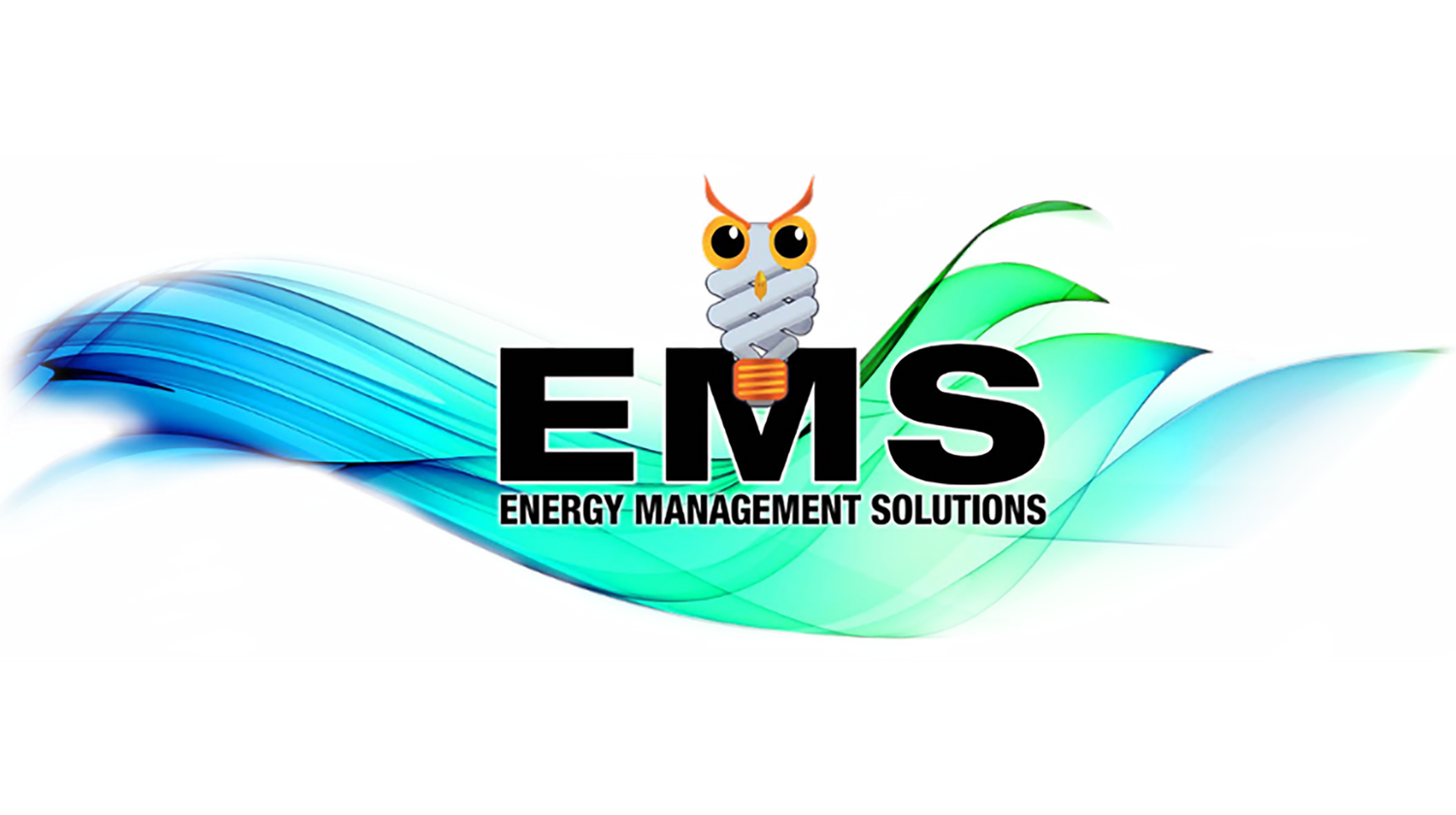Is Spray Foam Safe For My Home?
The Top Misconceptions About Spray Foam
As experts in spray foam (SPF), we often come across misconceptions surrounding its use. Despite being one of the most effective and versatile insulation options available today, spray foam insulation is still subject to several misunderstandings. Let's set the record straight and debunk the biggest myths about spray foam:
Myth 1. SPF is Toxic
One of the most common misconceptions is that spray foam contains harmful toxins that pose a risk to human health. However, this is not the case. While older formulations of spray foam may have contained chemicals with potential health risks, modern spray foam products comply with strict regulations and safety standards. They are designed to be safe when installed correctly and cure fully. Reputable manufacturers produce spray foams that are low in volatile organic compounds and have minimal off-gassing effects.
Myth 2. SPF Traps Moisture and Causes Mold
Another misconception is that spray foam can cause moisture issues, leading to mold growth within walls. However, when installed correctly, spray foam insulation creates an air-tight seal, reducing the possibility of moisture penetration. Proper installation by trained professionals, along with the use of vapor barriers where necessary, ensures that moisture-related concerns are minimized. In fact, spray foam can even act as a moisture barrier, preventing condensation and mold growth when applied correctly.
Myth 3. SPF is Expensive
While it's true that spray foam insulation can have a higher upfront cost compared to other insulation materials, it is essential to consider the long-term benefits. Spray foam insulation provides superior energy efficiency and significantly reduces heating and cooling costs over time. Its air-tight sealing properties also contribute to improved indoor air quality and comfort. When evaluated in terms of its performance, spray foam insulation often becomes a cost-effective solution.
Myth 4. SPF is Only Suitable for New Construction
Some believe spray foam insulation is exclusively for new construction projects and cannot be retrofitted into existing properties. This is a misconception. Spray foam insulation can be installed in various types of structures, including residential, commercial, and industrial buildings, regardless of their age. It is a versatile solution that can be applied to walls, attics, roofs, basements, crawl spaces, and other areas, making it an excellent choice for both new builds and retrofitting projects.

